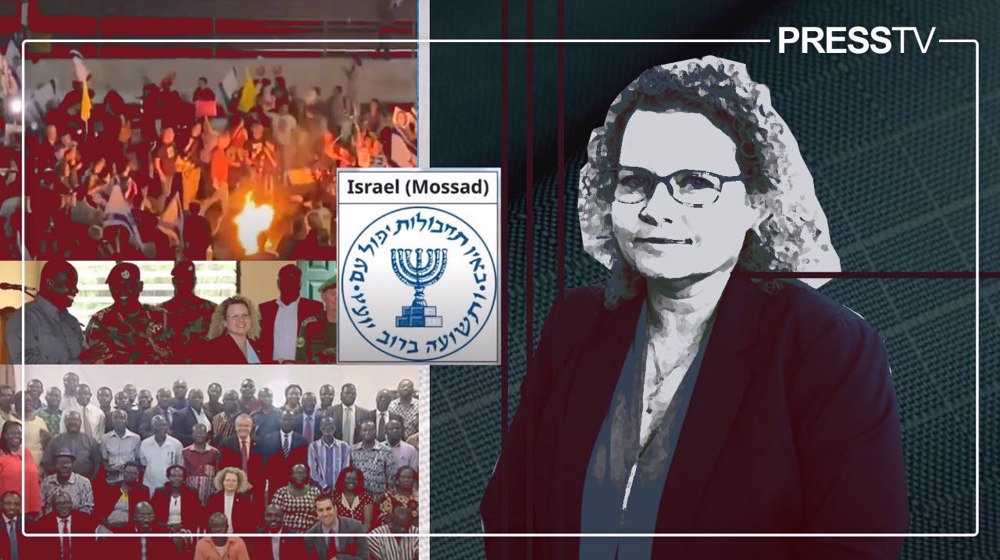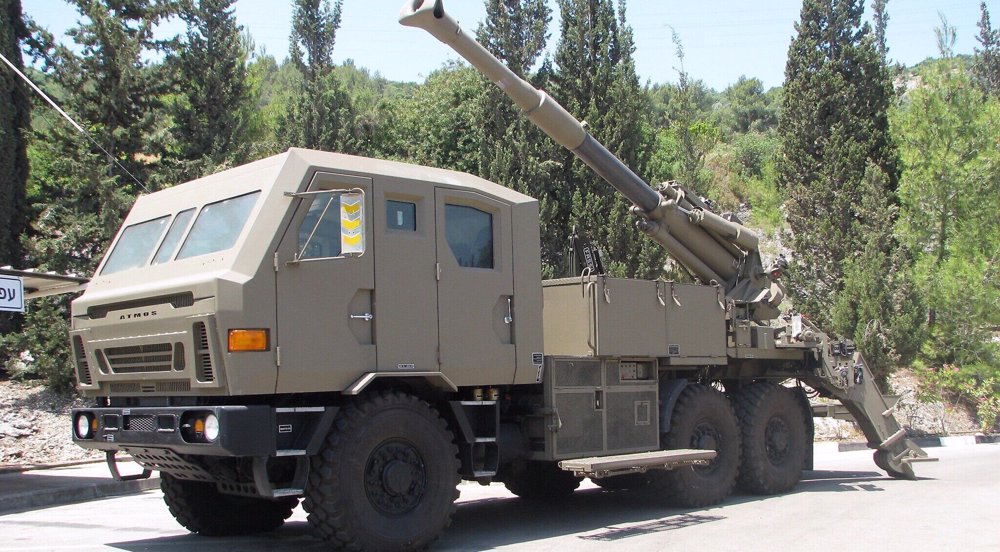UN envoy says hard to hold Libya elections in December
The UN envoy to Libya told AFP that it will be difficult to hold elections as hoped on December 10, following a new wave of fighting in the North African nation.
"There is still a lot to do. It may not be possible to respect the date of December 10," Ghassan Salame said in an interview.
Rival Libyan leaders agreed to a Paris-brokered deal in May to hold a nationwide election by the end of the year.
But Salame said that the polls may not be organized before three or four months.
"We can hold elections in the near future, yes. But certainly not now," he added in the interview on Saturday evening at the heavily fortified UN mission in Tripoli.
Clashes between militias in suburbs of the capital have left more than 100 people dead since late August.
Libya remains divided between the UN-backed Government of National Accord (GNA) based in Tripoli and a rival administration in the east that enjoys support from Egypt, Russia and the United Arab Emirates.
The GNA was set up under a 2015 UN-brokered deal that raised hopes of an easing of the chaos that followed the 2011 NATO-backed armed uprising which ousted Libyan dictator Muammar Gaddafi.

The Paris meeting brought together for the first time GNA head Fayez al-Sarraj and military strongman Khalifa Haftar, whose self-styled Libyan National Army dominates the country's east.
Also present were Aguila Saleh Issa, the parliament speaker based in the eastern city of Tobruk, and Khalid al-Mishri, the head of the High Council of State.
The Paris agreement set a September 16 deadline for conditions to be met for parliamentary and presidential elections to be held by the end of this year.
This was to be based on a new constitution that would have to be put to a referendum, as well as a new electoral law.
But many observers have said the timetable was overly ambitious given ongoing instability and territorial disputes across the country, along with an economy that is flagging despite Libya's vast oil wealth.
The United Nations is hoping that elections will help turn the page on years of chaos in Libya.
On Monday France called for stronger UN sanctions on Libyans who stand in the way of a political solution.
Logistical problems
The clashes that erupted on Tripoli's southern outskirts on August 27 were between rival militias both from and outside the capital.
The UN brokered a ceasefire on September 4, but fighting resumed within days.
By the time the guns fell silent again on Wednesday, the fighting had left at least 117 dead and more than 400 wounded, according to the GNA.
Salame said the hopes of holding polls in December were made more "difficult" by the delayed adoption of the electoral law, which finally happened last week.
"If everything goes well, the referendum could take place before the end of the year", but the elections could only be organized in "three to four months" depending on the security situation, the envoy said.
"We still need a parliamentary electoral law and another for the presidential (elections)," said the Lebanese diplomat.
Salame said there were also logistical problems after a deadly attack by Daesh severely damaged the electoral commission headquarters.
The attack has "greatly delayed" the work of the commission whose offices would soon be moved, he said.
Once it relocates, the commission would launch a new voter registration campaign "in the coming weeks".
Salame said the UN Support Mission in Libya (UNSMIL) was helping the GNA to sift through thousands of people -- civilian and militia -- to be registered as regular security forces.
Some of them could become regular police officers, but "there will be militiamen who will have to look for a job elsewhere", said the envoy.
On the political front, Salame reaffirmed his support for the GNA, while stressing the need to reform it.
(Source: AFP)

Exposed: Shani Cooper, Israeli spy who masqueraded as a diplomat in Africa

Morocco signs deal with notorious Israel’s Elbit to buy ‘battle-tested’ arms: Report

Protests in Morocco as US-flagged ship carrying arms to Tel Aviv docks at Tangier
Gaza ‘incredible piece of important real estate,’ Trump tells Netanyahu
Israeli forces kill Palestinian-American teenager in West Bank
Deal within reach if US shows genuine will in Oman talks: Araghchi
Russia’s State Duma approves 20-year strategic partnership treaty with Iran
Trump threatens additional 50% tariffs on China as trade war escalates
Pro-Palestine activists facing deportation decry German state repression
Netanyahu ‘returned empty-handed’ from US after Trump announced planned Iran talks: Reports
'Stab in the back': Hamas slams PA crackdown on pro-Gaza rallies in West Bank










 This makes it easy to access the Press TV website
This makes it easy to access the Press TV website